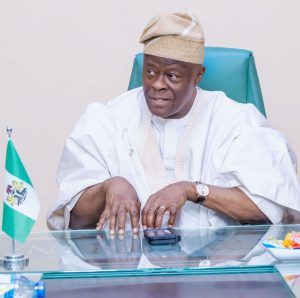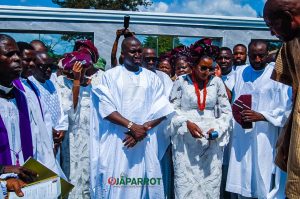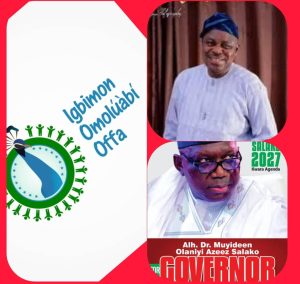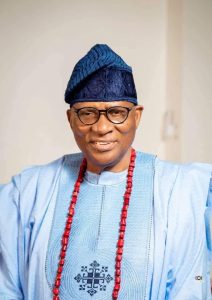We Created 412,991 Jobs In 8 Years – Fashola
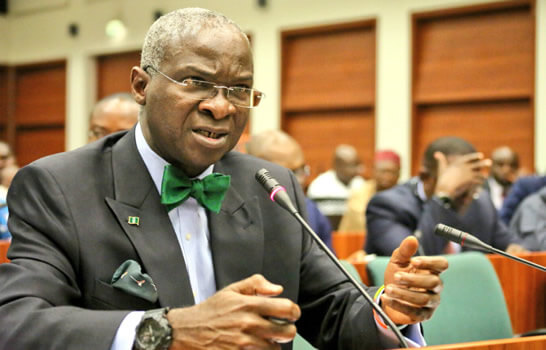
Babatunde Raji Fashola, the minister of power, works, and housing, yesterday provided a scorecard of the ministry for the eight years he has served in office under the Buhari-led administration, stating that it was intended to improve Nigerians’ living conditions and significantly reduce multidimensional poverty.
“Tour of Duty as HM of the Federal Republic of Nigeria: A Time and Economic Resource Report (2015-2023)” is the theme of the scorecard he is presenting. Time, in the Ministry’s Conference Hall in Abuja, Fashola, who gave himself good marks for project delivery, claimed that the All Progressives Congress (APC)’s (APC)) ideology had had a significant influence on his work in the ministry.
Fashola made a suggestion that the ministry has so far been successful in creating 412,991,000 jobs in the construction and housing sectors from all the projects completed.
According to him, the budget for the ministry was 18 billion when he started, but the President increased it to 224 billion during his first year in office.
A total of 826 programs and projects were completed in the power sector, he added, adding that over 6,000 Certificates of Ownership, or Cs-of-O, were issued.
Approximately 9,290 kilometers of roads were built between 2019 and 2022, and 2,270,319 linear meters of lanes were designated, with 254,690 erected road signs among them.
Fashola noted that 6,068 housing projects had been started but had not yet been finished, while 2,870 housing units had been successfully provided across the 35 states and Federal Capital Territory, or FCT.
“The other issue is that we face challenges, one of which, of course, those who like numbers and those who enjoy hyperbole will scream ‘Oh, sure, thousands and Millions of Nigerians are living in multidimensional poverty’.
They fail to recognize efforts being made to address these challenges at the municipal, state, and federal levels of government. I’ll discuss some of those concerns, and then I’ll ask you to put it to the test to see how it handles multidimensional poverty, he added.
Fashola stated that one of his goals upon being appointed in 2019 was to improve human lives by launching the building of several brand-new megaprojects as well as several long-forgotten capital projects left over from previous administrations.
In particular, he claimed that one of his greatest accomplishments was the Second Niger Bridge, which he claimed had been left unfinished for approximately three decades under the eyes of various administrations.
Fashola added that although being finished in 1978, the Lagos-Ibadan Expressway gained importance during his administration due to the population surge and the lack of corresponding development intended for the road.
I decided to start with some of those issues that Buhari inherited because they seemed to defy remedies. A political campaign slogan is the second Niger Bridge, which has been under consideration for at least three decades. And when you consider that, the river travels two kilometers takes around 18 hours rather than 22 minutes.
The Lagos-Ibadan expressway has to be expanded and given more current capacity because it has beyond its initial design and a large number of additional institutions and retail businesses have built nearby. Although there is no road to it, the area before the Bonny Bridge is very valuable because that is where gas resources are most abundant. Three awards were given to that project, and failed. It is now nearing completion.
There are three portions that make up the Abuja-Kaduna-Zaria-Kano Road: Abuja-Kaduna (finished in 1996), Kaduna-Zaria (1991), and Zaria (1991). The Buhari administration’s Presidential Infrastructure Development Fund, one of its programs, provided cash for rehabilitation work to begin in 2018 after years of just minimal repairs being made.


